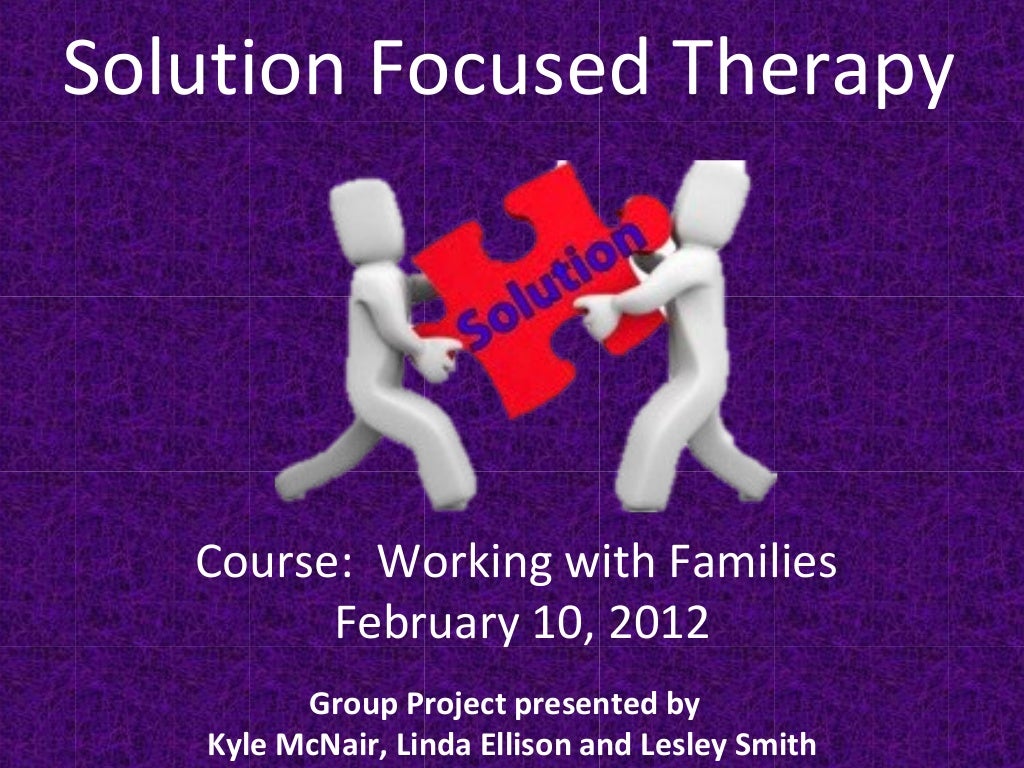

How do you cope with these difficulties?.What do you want to change about the problem?.What are you doing or thinking differently.With all of that going on, how do you manage to.What would have to happen for that to occur more.ever) that you did not have this problem? Can you think of a time in the past (month / year.Has anything been better since the lastĪppointment? Whats changed? Whats better?.Would it help to recreate any of these miracles?.What difference would you ( others) notice?.You that the miracle has taken place? What else? Morning, what will be different that will tell However, because you areĪsleep you don't know that the miracle hasĪlready happened. There is a miracle and the problem that brought Suppose that one night, while you are asleep,.Tape that would show that things were better? In the future, what would you be doing on the You and I were to watch a videotape of your life Lets say that a few weeks or months of time hadĮlapsed, and your problem had been resolved.Think of a date in the future, then workedīackwards, asking them what had happened at He also used a technique whereby he asked them to.

Solved, and then to explain what had happened to
Erickson asked his client to look into the futureĪnd see themselves as they wanted to be, problems. What would be different if all your problems. How will you know when you got what you wanted. How will you continue to accomplish goals?. What would your life be like if you werent. Constructive questions generate new experienceĪbout possible solutions, client strengths and. Exceptions elicit, recognise, discuss, amplify. Opening Whats different this week from last. Scales situation now, willingness, confidence. Opening Social introductions, structure session. Expressed as beginnings rather than endings. Presence of something, rather than absence. Customers Do Something want to change given. Complainants going along to placate and appeaseĬomplain, distant, observant, and expectant. Visitors no complaints, along for the ride. Give clients permission for who they are. Focus on what is possible and changeable, rather. There is no one right way to view things. A change in one part of the system can affect. A small change is all that is necessary. Its not necessary to know the cause or function. It is usually unnecessary to know much about the. The therapists job is to identify and amplify. Clients have resources and strengths to resolve. If it doesnt work, do something different. Behaviours, perceptions, thoughts and feelings. Exceptions Differences that make a difference. 
Emphasis is on whats possible changeable - do.Future orientation history is not essential.Arising from Milton Ericksons work Brief.Bill OHanlon (Solution Oriented Therapy).







 0 kommentar(er)
0 kommentar(er)
